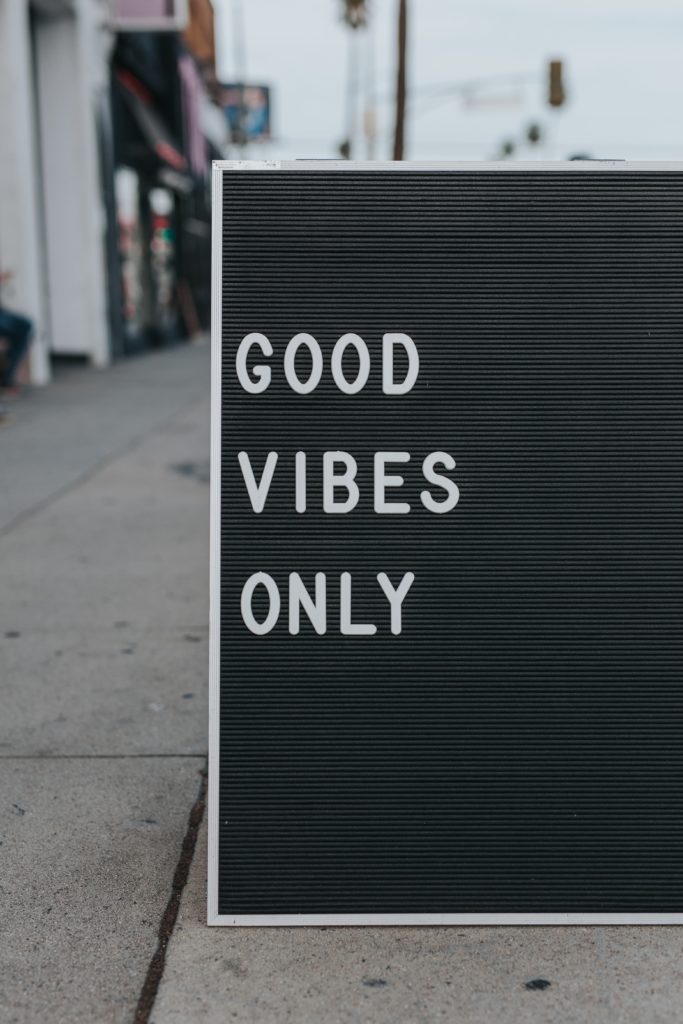
Published July 21, 2022
The violence surrounding the overturning of Roe v. Wade has proved both less and more than anticipated. The predicted riots and nights of violence do not seem to have occurred, but the harassment of U.S. Supreme Court justices in their own homes, the failure of legal authorities to act to stop this, and, of course, the acts of vandalism against churches and pregnancy resource centers are all shocking. And then, while not as immediately frightening as acts of physical intimidation, the extremity of the rhetoric being used is discouraging, pointing as it does to the current difficulties of civil discourse in a world where Twitter and TikTok now fulfill a function for which they are utterly unsuited: shaping how people think about the world and everything therein.
One reason for the passion, of course, is that abortion is not primarily about what its most passionate advocates claim it to be: women’s healthcare. Care for health does not stand independent of the larger question of what it means to be human. And that is the real point at issue. As Karen Swallow Prior summed it up in a recent New York Times article, “Roe elevated autonomy over moral agency.” Indeed. And that elevation of autonomy bleeds through our culture at the moment in a way that defiles almost everything.
In this light, it is perhaps appropriate that Roe fell in June. June was Pride Month. And the thing in which the advocates of that radical queering of public space take pride is precisely that human autonomy, that ability to be (or at least to pretend to be) whoever we want. Now, while the Supreme Court did not so much assert an alternative view of what it means to be human as simply send the abortion issue back to the states, the symbolic power of the move is a blow to the radically autonomous notion of what it means to be human that grips our cultural imagination. And like toddlers who suddenly discover that no, they are not the center of the universe, will typically throw tantrums, so we adults will tend to do the same when told that no, we cannot just do and be what we want without considering others. But, if Twitter and TikTok are any gauge, in a nastier, less mature way than the typical 2-year-old.
Ironically, some Christians have provided some of the strongest evidence that abortion is really about a notion of humanity that privileges autonomy. Take the “progressive” magazine Sojourners, for instance. Its official statement, decrying the Dobbs decision, begins with the claim that “for fifty years, women and pregnant people have had the right to make their own reproductive health decisions.” Women and pregnant people? An utter capitulation to the spirit of an age that indulges the delusions of autonomy to the point of believing that people other than women can be pregnant. Now, women who do not think they are women can surely be pregnant—but that rather proves the point that they are not so autonomous that their minds can trump their bodies. Autonomy is an illusion, or even a delusion. We may choose to indulge it, we may choose to frame laws that reinforce such indulgence, we may choose to twist and pervert language to cover up such nonsense. But these do not make it true.
Sojourners has already affirmed polyamory and the cult of sexual satisfaction, mocking traditional Christian sexual ethics as it did so. It is no surprise that it affirms abortion. And in doing so, it points to why the issue of abortion is so important for the progressive left: Abortion and a sexual ethic built on individual desire rather than social responsibility are both part of a package deal, that of human autonomy. Perhaps it is ironic that a professedly Christian magazine provides such clear evidence of the logic of the spirit of the age. Though the truth revealed here is more than ironic. Tragic might be the better word.
Carl R. Trueman is a fellow in EPPC’s Evangelicals in Civic Life Program, where his work focuses on helping civic leaders and policy makers better understand the deep roots of our current cultural malaise. In addition to his scholarship on the intellectual foundations of expressive individualism and the sexual revolution, Trueman is also interested in the origins, rise, and current use of critical theory by progressives. He serves as a professor at Grove City College.
Photo by MARK ADRIANE on Unsplash
Carl R. Trueman is a fellow in EPPC’s Evangelicals in Civic Life Program, where his work focuses on helping civic leaders and policy makers better understand the deep roots of our current cultural malaise. In addition to his scholarship on the intellectual foundations of expressive individualism and the sexual revolution, Trueman is also interested in the origins, rise, and current use of critical theory by progressives. He serves as a professor at Grove City College.









